Five Days of Refreshment: Dive into the Transformational Power of Cleanse Diets
Cleanse diets are specifically programmed meals designed to eliminate toxins and improve your overall health and wellbeing. They can run anywhere from a day to several weeks, and the meals are typically composed of fruits, vegetables, nuts, seeds, and sometimes, supplements. Cleanse diets are less about weight loss and more about detoxification, which subsequently leads to experiences of rejuvenation and a metaphorical reset across your immune system, mental health, and physical wellness.
However, it's essential to note the importance of approaching cleanse diets responsibly. Experts suggest seeking professional guidance or extensively researching the health impacts before embarking on a cleanse. Following a balanced approach that combines nutritional intake with regular exercise can maximize results. Watching out for signs of potentially negative reactions such as tiredness, changes in bowel movements, or constant hunger is also crucial.
Day One: Introduction and Preparation
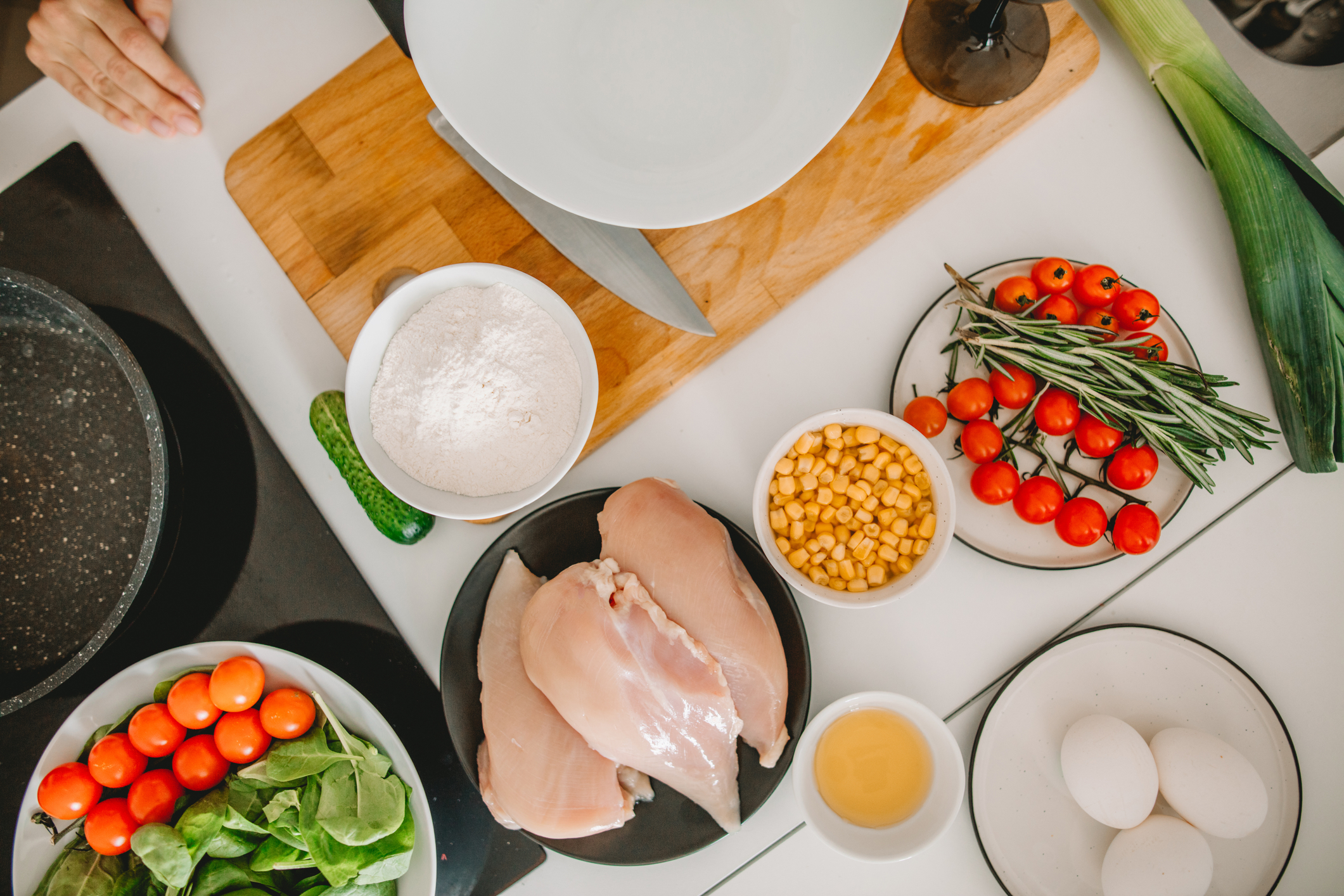
The first day of a cleanse diet is the most pivotal. This day is about preparing your mind and body for the upcoming cleanse. Start by eliminating processed foods, caffeine, sugar, and alcohol from your diet to reduce withdrawal symptoms during the cleanse. The menu generally includes freshly made juices, fruits, and salads. Observing your body's reactions to this change can provide insights into your current digestive health.
Equally important is mental preparation. This would involve setting achievable goals, arranging your schedule, and mentally preparing for possible withdrawal symptoms. It's worth noting that the outcomes of a cleanse aren't just physiological - many report feelings of mental clarity and increased focus.
Day Two and Three: The Juicy Depths
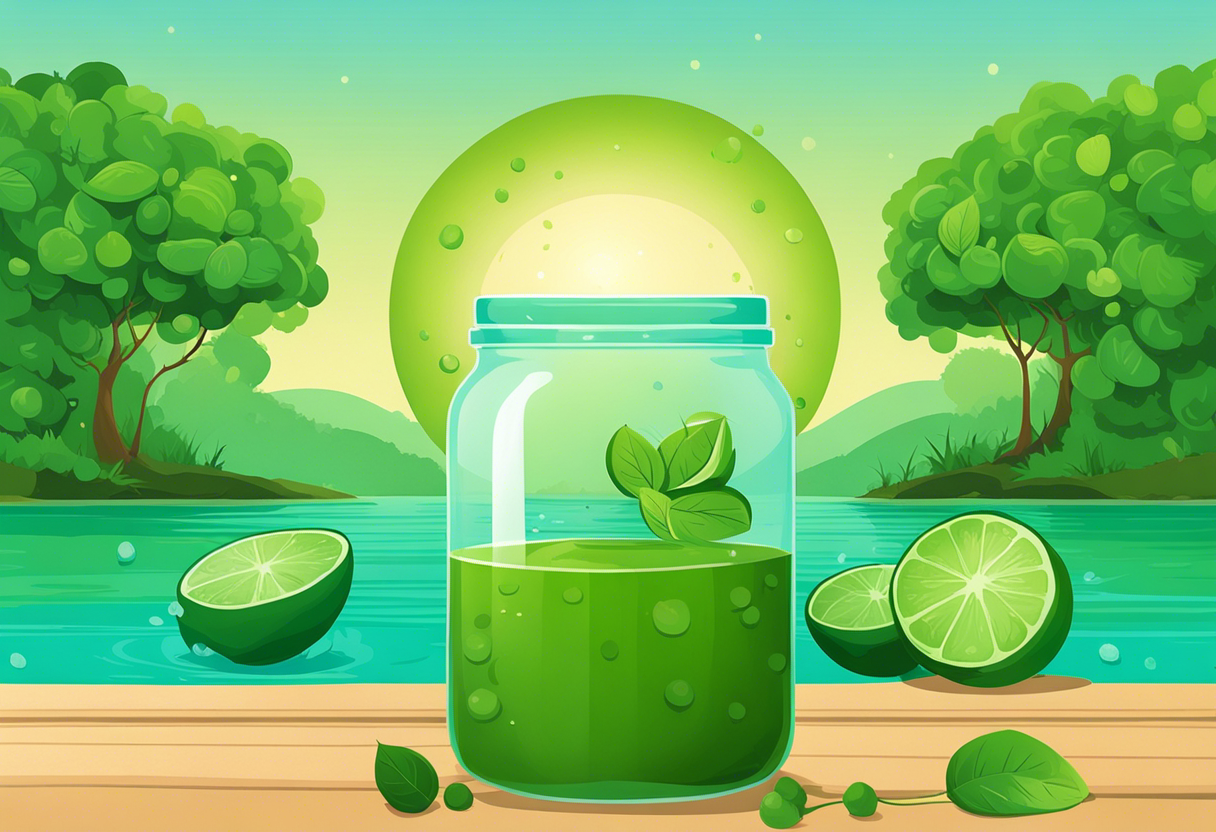
These days are typically when you will dive deeper into the cleansing process. Your diet will mainly consist of juices made from fruits and vegetables, herbal teas, and plenty of water to support the body's detoxification pathways. Green juices, in particular, are rich in chlorophyll that helps to cleanse the digestive tract and support liver detoxification.
While these days might be difficult, it is during this stage that many report feeling a positive shift in their mental and physical states. Regular gentle exercises like yoga or light stretching can assist in toxin elimination and help with mood elevation.
Day Four: The Reintroduction of Solid Foods
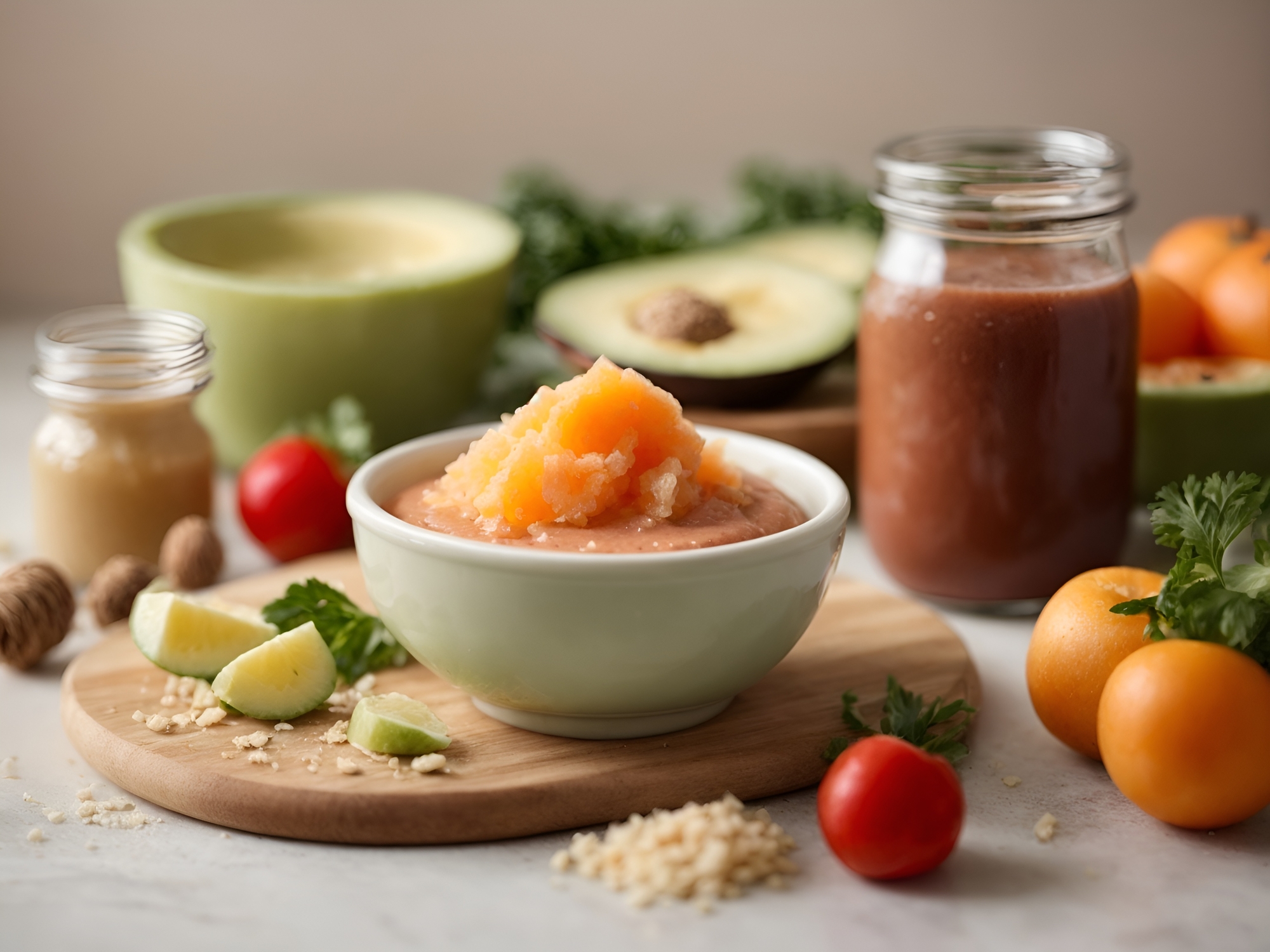
After several days of a liquid-based diet, your body is likely ready for the reintroduction of solid foods. However, it's recommended to do this gradually; the majority of this day's diet can be composed of smoothies and soft fruits like bananas or avocados. The idea is to slowly ease your digestive system back into full operation.
This day often brings about increased appreciation for simple whole foods, as their pure taste becomes more pronounced. However, distress signs such as bloating or discomfort may suggest slower reintroduction or indicate underlying issues that may need professional advice.
Day Five: The Rebalancing
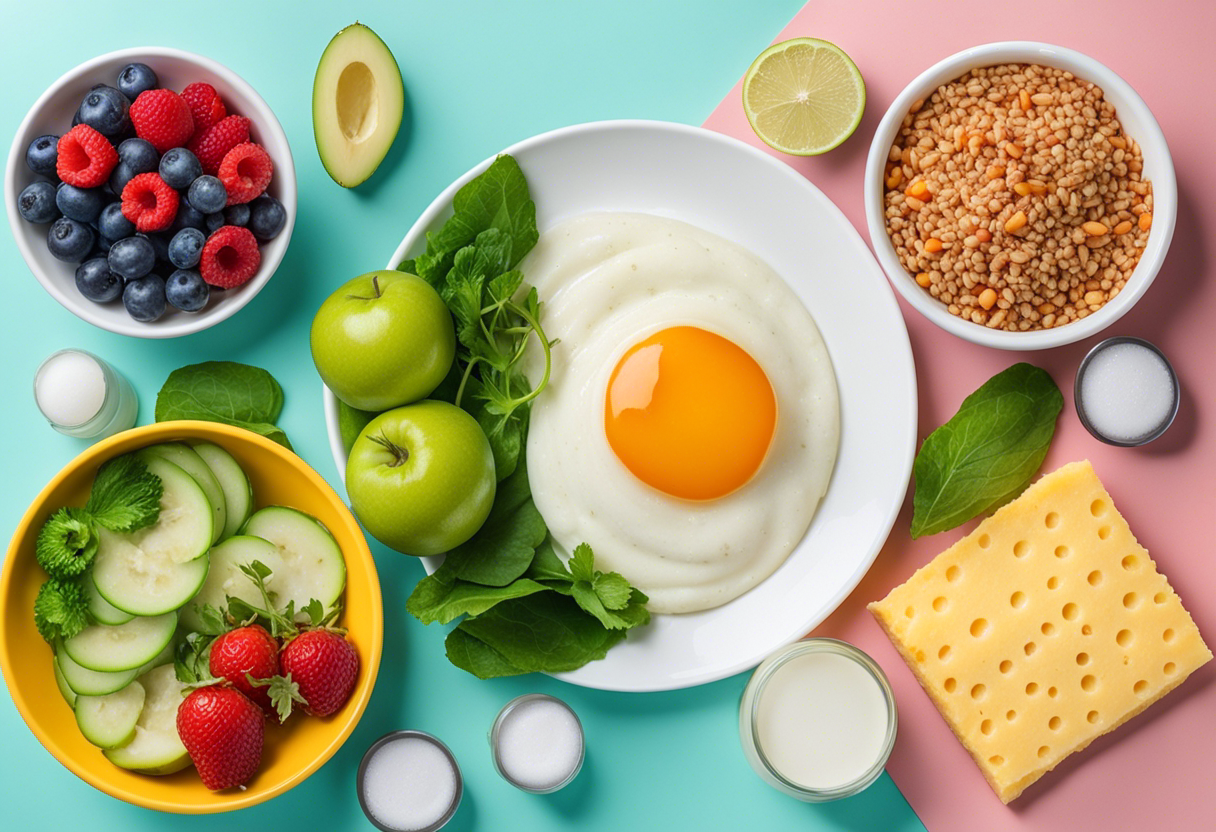
On the final day of the cleanse, your body is ready to return to a more regular diet. However, this doesn't mean you should do a deep dive into junk food. The introduction of more substantial items like salads, brown rice, or lean proteins should be complemented by continuing to consume lots of fruits and vegetables.
This is the ideal time to reflect on the cleanse experience, the changes you've noticed in your body, and how you can maintain some of these new habits. It's crucial to remember this isn't just a one-time quick fix but a stepping stone in your long-term health journey. Sustaining a responsible diet and regular exercise post-cleanse boosts lasting results.
Post-Cleanse: The Continuing Journey
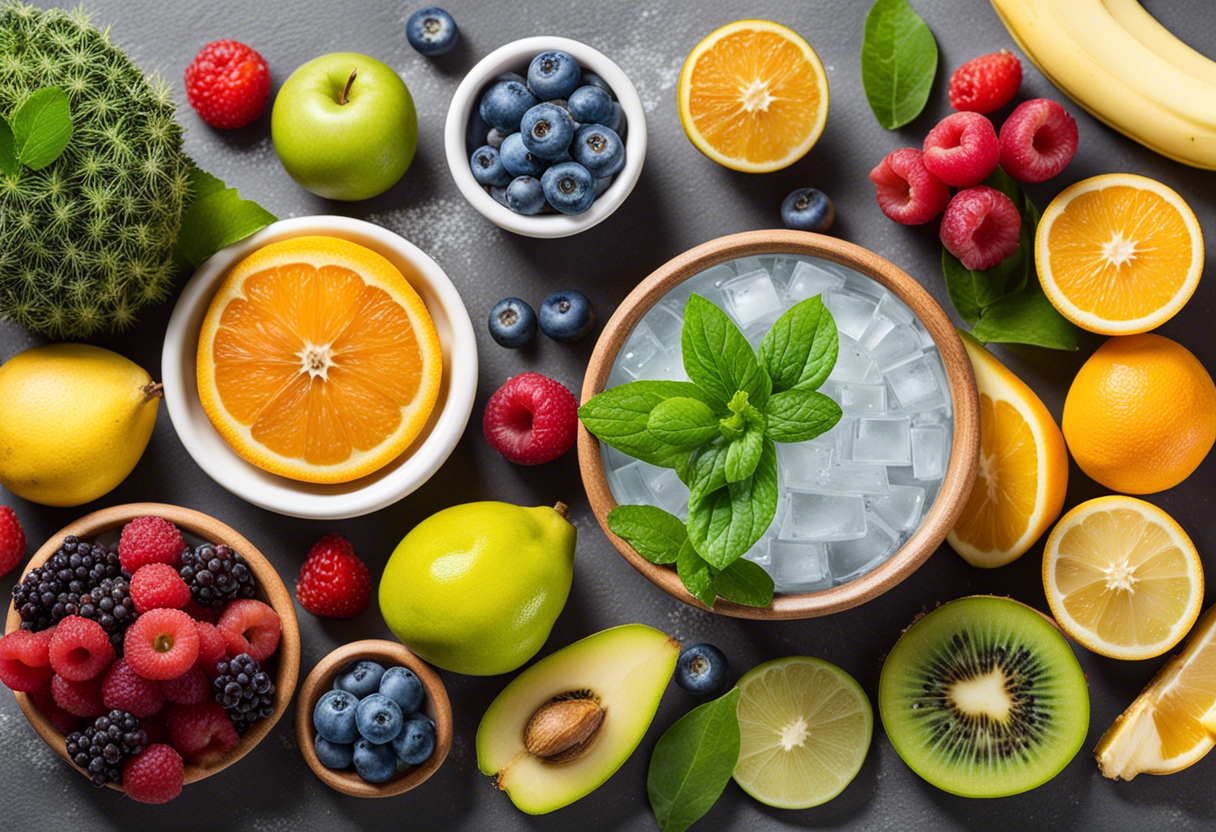
While the cleanse diet runs for five days, incorporating its principles into your regular life amplifies its benefits. The awareness and insight gained regarding your dietary habits and impacts should inform the choices you make in your daily meals. Swapping unhealthy snacks for fruits, drinking lots of water daily, and increasing fiber intake can become lifestyle choices.
Post-cleanse, regular short cleanses can help your body maintain its balance, especially after holiday seasons or stressful periods. Continually seeking up-to-date expertise and evolving your understanding of nutrition benefits your health journey. Remember: the cleanse diet isn't just a detox program, but a transformative practice that encourages a mindful approach to nutrition and wellness.